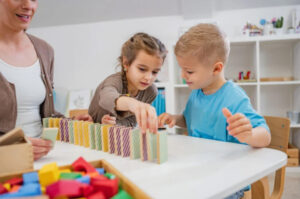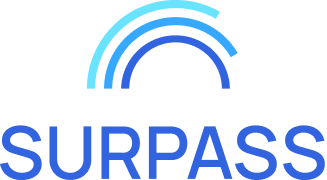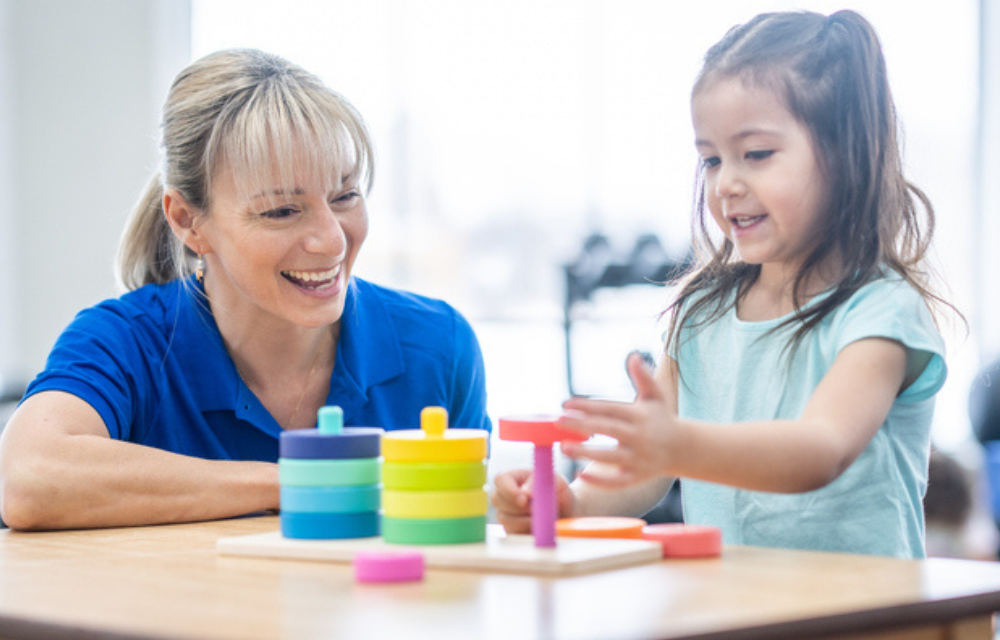Autism Spectrum Disorder (ASD) is a complex disorder that affects individuals throughout their life, but it is often first recognized in childhood. Parents and caregivers play a crucial role in recognizing the signs and symptoms of autism in children, to provide them with the best possible care and support. Understanding autism in children can help ensure your child has access to the right interventions for them to reach their full potential.
What is Autism Spectrum Disorder?
Autism, also known as Autism Spectrum Disorder (ASD), is a neurodevelopmental disorder that affects social, communication, and behavior skills in children. It is considered a spectrum disorder because it manifests differently in each child, with varying levels of severity and a unique combination of strengths and challenges. This is why each child with autism will display different symptoms and receive personalized treatment.
Signs and Symptoms of Autism in Children
Recognizing the signs and symptoms of autism in children is crucial for early intervention and support. While it’s essential to remember that every child is unique, some common signs of autism in children include:
- Social Challenges: Children with autism experience difficulty in understanding and interpreting social cues, which can result in challenges with making friends and maintaining relationships.
- Communication Difficulties: Limited or delayed language development, difficulty in understanding and using non-verbal communication (e.g., gestures, facial expressions) are all common symptoms of autism in children.
- Repetitive Behaviors: Many children with ASD engage in repetitive movements or routines, such as hand-flapping or intense fixation on specific objects or topics.
- Sensory Sensitivities: Heightened or diminished sensitivity to sensory stimuli like lights, sounds, textures, and tastes is a common sign of autism in children and sensory processing disorder often co-occurs with ASD.
- Resistance to Change: Oftentimes, children with autism struggle with transitions or unexpected changes in routines. This can lead to difficulty when they begin school.
 How Autism is Diagnosed in Children
How Autism is Diagnosed in Children
The autism testing process in children is thorough and comprehensive. Diagnostic evaluations can be conducted by a developmental pediatrician, child psychologist, child psychiatrist, or licensed psychological practitioner. It typically begins with a detailed assessment of the child’s medical history and developmental milestones.
Observations of the child’s behavior, communication, and social interactions are critical components of the evaluation as well as standardized assessments and questionnaires to gather information from parents, caregivers, and teachers.
Early diagnosis is crucial, as it allows for early intervention and access to services that can help children with autism develop essential skills and achieve their full potential.
How Early Can A Child Be Diagnosed With Autism
Early diagnosis of autism is crucial, and it can occur as early as 18-24 months of age. Pediatricians and developmental specialists are often the first to identify signs during routine well-child checkups and developmental assessments. Early signs such as limited eye contact, lack of babbling and gestures, delayed language development, and social communication challenges are the primary signs at this young age.
Early Intervention Autism Treatment
Early intervention is a critical component of autism treatment for children, as it can lead to higher levels of long-term success by addressing challenges during key developmental years. The goal is to provide timely support that helps children with autism acquire essential skills and overcome obstacles so they can achieve their goals. Some of the primary early intervention treatment options include:
- Applied Behavior Analysis (ABA)
- Speech and Language Therapy
- Occupational Therapy
- Sensory Integration Therapy
- Social Skills Training
ABA Therapy for Autism in Children
Applied Behavior Analysis (ABA) therapy is a widely recognized and evidence-based approach to helping children with autism. It focuses on identifying and modifying behaviors to improve social, communication, and daily living skills through the use of positive reinforcement. It’s an individualized treatment option, with interventions tailored to each child’s unique strengths and challenges. Some of the ways ABA therapy helps children with autism include:
- Communication: ABA helps children develop and improve their communication skills, including language and non-verbal communication.
- Social Skills: ABA teaches essential social skills, such as making friends, sharing, and understanding social cues.
- Behavior Management: ABA assists in managing challenging behaviors like tantrums and aggression by promoting replacement behaviors.
- Daily Living Skills: ABA can help children develop essential self-care skills, such as feeding, toileting, and dressing, improving overall independence.
- Academic Achievement: ABA can support a child’s academic progress by enhancing their learning abilities including improved focus.
ABA Therapy at Surpass Behavioral Health
Surpass Behavioral Health is dedicated to helping children and teens with autism surpass their current abilities and reach their full potential. With a focus on high-quality individualized care, support for families, and a commitment to evidence-based techniques, we are here to make a positive impact in the lives of those we serve. Contact us today to learn more about our ABA therapy services and how we can help make a meaningful difference in the life of your child.
Learn more about our services or find a clinic near you.


